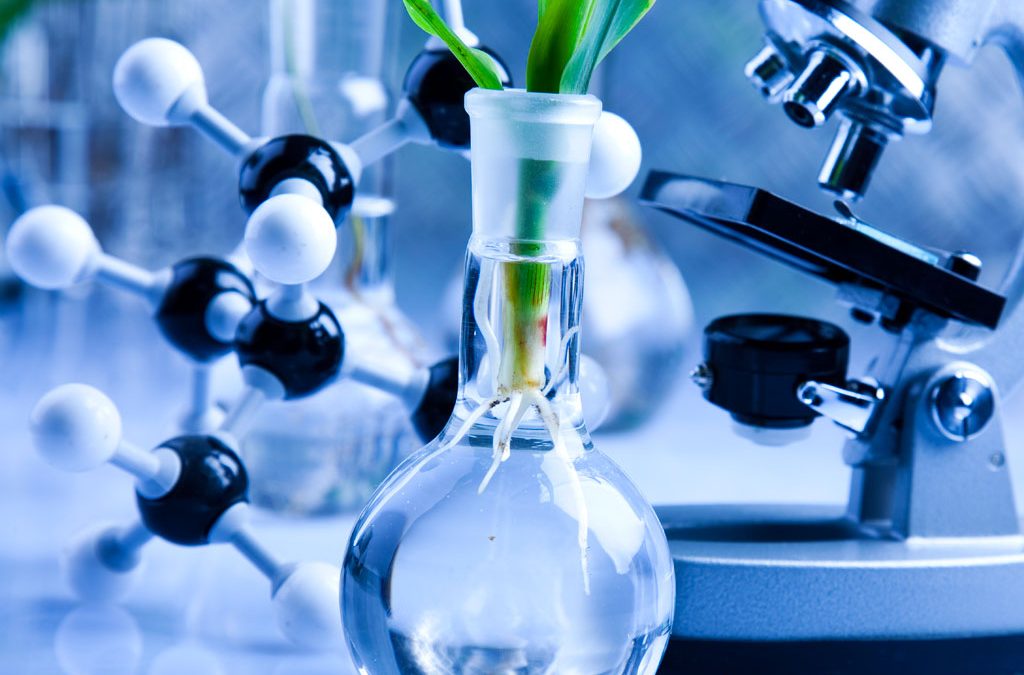
An overview of Hydroponics
Definition of Hydroponics
Hydroponics is actually the science of growing plants without soil. Rather than soil, plants are grown in solutions containing each of the necessary minerals and elements. Methods utilized to get the nutrients to the roots, combined with the needed oxygen, include bare-root systems and systems using inert substrates to support the growth and stability of the plants.
What Is Hydroponics?
The literal meaning of hydroponics is “working water”. The breakdown of the word; hydro is English “of water” and ponos is Greek for “working” and ics is English
Water is a crucial component of every living cell, and is also the most important element for life to exist on the planet. Plants likewise require minerals like Calcium, Magnesium, Copper, Iron, Boron, etc. to develop properly. Basically, plants use water flowing over the roots to provide the necessary nutrients to feed them. Traditionally, these nutrients are extracted from the soil. The roots grow out to the nutrients as well as the water necessary to feed them. However, the soil generally won’t contain the required optimum nutrients and moisture levels to support the plants needs. Hydroponics is focused on enriching water by creating and maintaining a “nutrient solution” perfectly balanced to feed the plant. If the plant gets everything it needs, constantly it’s going to grow rapidly, and offer the very best flavor and maximum amount of vitamins and minerals, which it is able to. Hydroponics is all about growing plants without soil. Without exception absolutely everything that can be grown in soil can be grown hydroponically. The secret is determining the particular, ideal, nutrient solution for the specific type of plant, and consistently providing it to the plant roots. Traditionally, using a general purpose nutrient, the plants will outperform soil grown plants within the same environment. Read More…
Objective of Hydroponics
The main objective of hydroponics is to supply the ideal nutritional environment for optimum plant performance. Although technically not a portion of hydroponics, growers typically try to provide ideal environmental factors also. Plant performance may be further optimized by controlling the climate and lighting. Employing a greenhouse provides natural lighting while controlling the climate. Using supplemental lighting can also guarantee the optimal “season” for optimum plant performance. Advances in technology in lighting, nutrient delivery, and environmental control, will further improve plant productivity and performance.
Science of hydroponics
The science of hydroponics began with experiments to discover the basic nutrient requirements of plants and ways in which plants process those elements. That knowledge has evolved in to the preference to automate the delivery of the nutrient mix for the plant to optimize development and also, adjusting the nutrient for specific plants, and specific stages of plant growth. For instance, we understand plants use more Nitrogen throughout the green growth phase when the plant is young, and an increased amount of Phosphorus throughout flowering and fruiting stage. Additionally, plants will tend to do whatever they need to survive when they are in less then desirable conditions. These less desirable conditions reduce the growth, and tend to seriously affect the product quality and flavor from the plant.
Benefits of Hydroponics
Plants grown hydroponically are generally healthier than their soil-grown counter-parts, because they receive an almost perfectly balanced diet and rarely come in contact with soil-borne pests and diseases.
Without the use of herbicides, fungicides, and pesticides, the resulting produce is healthier to eat. Also agricultural workers are not exposed to toxic chemicals, and labor costs are reduced.
Since hydroponic systems reduce water and nutrient stress to the plants, they grow faster and can be grown closer together without starving each other. Healthier plants also produce higher yields. Perfect plant conditions results in perfect plant production.
Hydroponic systems conserve water by preventing evaporation and runoff. Losses due to drought and flooding are significantly reduced as well. Regions where water is scarce or non-arable land can grow crops using hydroponics.

Hydroponic Nutrients

EC vs TDS

Organic Does Not Mean “No Pesticides”

How Plants Uptake Nutrients

What is Aquaponics
Trackbacks and pingbacks
No trackback or pingback available for this article.
Articles
Featured
-
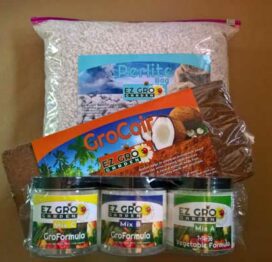 Patio Garden Recharge KitRegular Price $49.00
Patio Garden Recharge KitRegular Price $49.00 -
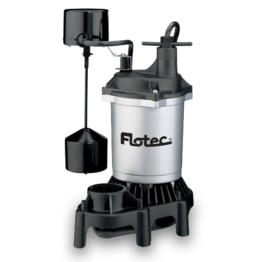 Submersible Thermoplastic Sump Pump 1/2 HPRegular Price $269.00
Submersible Thermoplastic Sump Pump 1/2 HPRegular Price $269.00 -
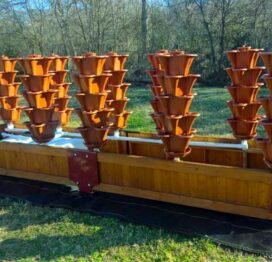 Ten Tower Deck GardenRegular Price $3,499.00
Ten Tower Deck GardenRegular Price $3,499.00 -
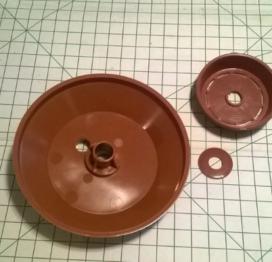 Drain Dish & Diffuser Dish Set 10 PackRegular Price $124.99
Drain Dish & Diffuser Dish Set 10 PackRegular Price $124.99 -
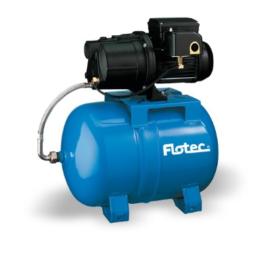 Rainwater Pressure Tank SystemRegular Price $449.00
Rainwater Pressure Tank SystemRegular Price $449.00 -
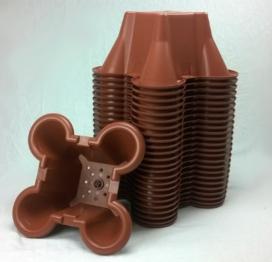 EzGro Quad Pot 25 PackRegular Price $274.99
EzGro Quad Pot 25 PackRegular Price $274.99 -
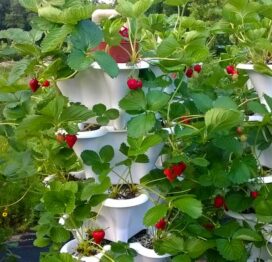 Five Tower Strawberry GardenRegular Price $2,799.00
Five Tower Strawberry GardenRegular Price $2,799.00 -
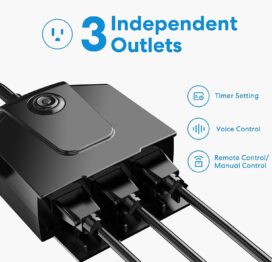 Outdoor 3 Outlet Smart Plug TimerRegular Price $39.99
Outdoor 3 Outlet Smart Plug TimerRegular Price $39.99 -
 Drain Dish & Diffuser Dish SetRegular Price $16.99
Drain Dish & Diffuser Dish SetRegular Price $16.99 -
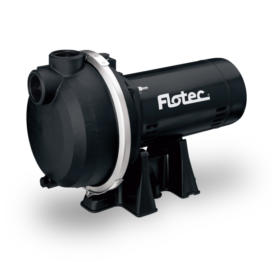 Thermoplastic Irrigation Pump 1 HPRegular Price $469.99
Thermoplastic Irrigation Pump 1 HPRegular Price $469.99









Leave a reply